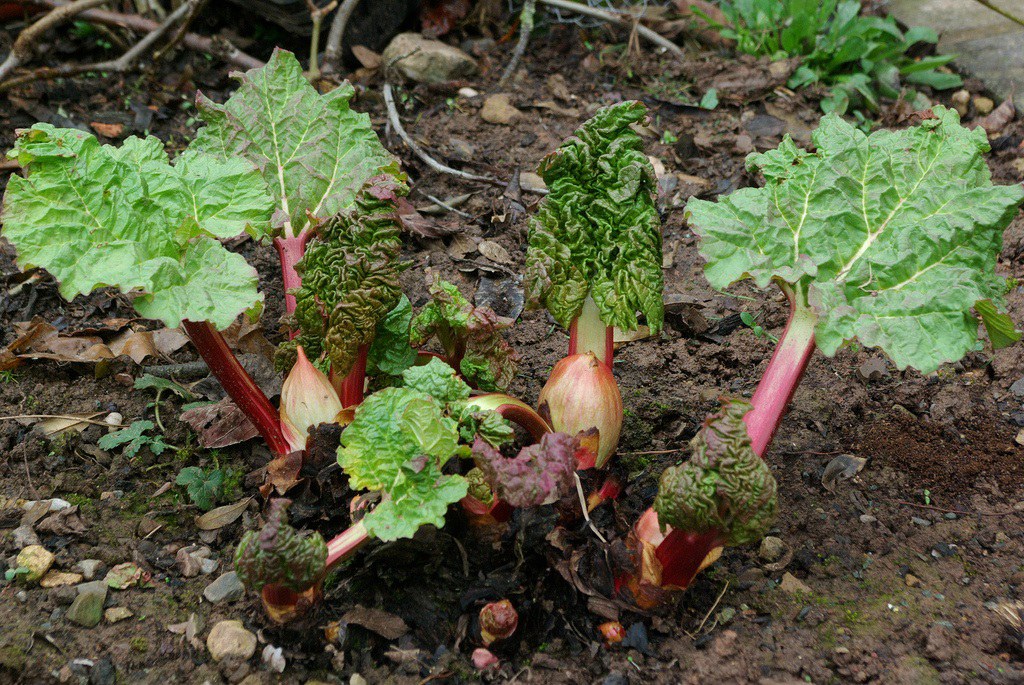Dahlia
Garden Addicted
Zeedman,Not too many vegetables I won't eat... whether I choose to grow them is another matter. I don't like the slimy texture of purslane or Malabar spinach, and won't eat even slightly bitter greens (which is ironic, given that I eat bitter melon). Not a big fan of rutabaga, although I loved it mashed when I was young. And just never developed a like for kale or collards.
I only like baby kale. The other stuff is pretty tuff. You might want to give baby kale a try! It's WAY better!


 Those are some of the main reasons I garden.
Those are some of the main reasons I garden.


